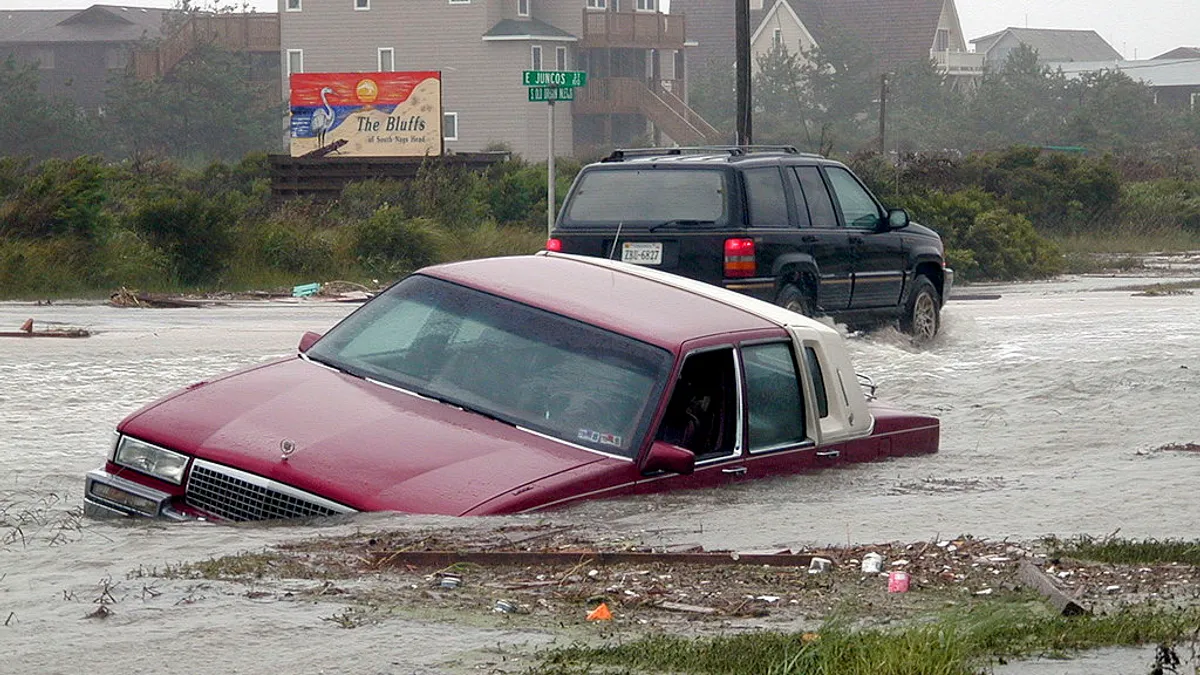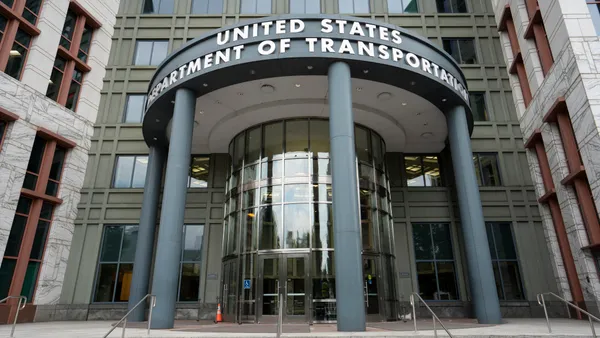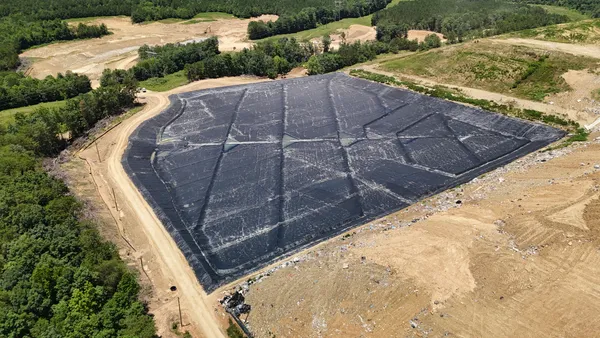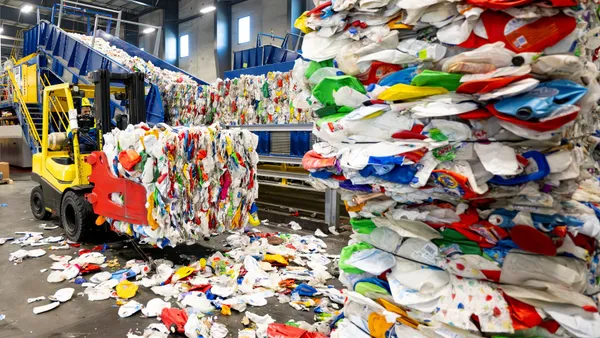Dive Brief:
- During a two-month mission, EPA Region 7 helped contractors clear trash from areas across Missouri that were affected by heavy rains and flooding in December. The agency helped to collect nearly 3,000 tons of residential debris and hazardous material from Franklin, Jefferson, St. Charles, and St. Louis counties.
- Recruited by the Federal Emergency Management Agency (FEMA), the teams did curbside residential debris pickups; ran a drop-off collection site; and deployed boats to pull floating containers and debris from area water bodies and shorelines. Their efforts helped to see that the roughly 8,913 cubic yards of residential flood debris was recycled, treated, and properly disposed. Some of this waste included drums, propane tanks, compressed gas tanks, major appliances, and batteries, according to Lake News.
- The region has provided environmental services following other natural disasters, like after a tornado in Joplin in 2011 and severe flooding in Iowa three years prior.
Dive Insight:
The effort was not just about cleaning up an immediate onslaught of waste, but implementing sustainable practices with longer term effects — ultimately preventing negative impacts, for instance of improper disposal protocol, especially of hazardous waste.
Doing the job properly meant thinking out operations from collection to transport to disposal. Masses of plant debris were ground into mulch; refrigerant gases and other hazardous materials were safely captured and stripped from appliances so waste could be recycled; and bulky electronics that could have stockpiled on landfills were shipped to American Military Veterans Assistance Corporation to be recycled. These and other practices diverted from landfills, minimized transportation in gas-guzzling vehicles while seeing that what otherwise would have been dumped supported a local charity, and helped to protect groundwater and soil.
"EPA’s goals in this mission were to help St. Louis metro residents recover as quickly as possible while minimizing expenses to taxpayers and impacts on the environment," EPA Regional Administrator Mark Hague said, according to Lake News. "As a key part of the broader response led by FEMA, we are proud to have accomplished these goals."












